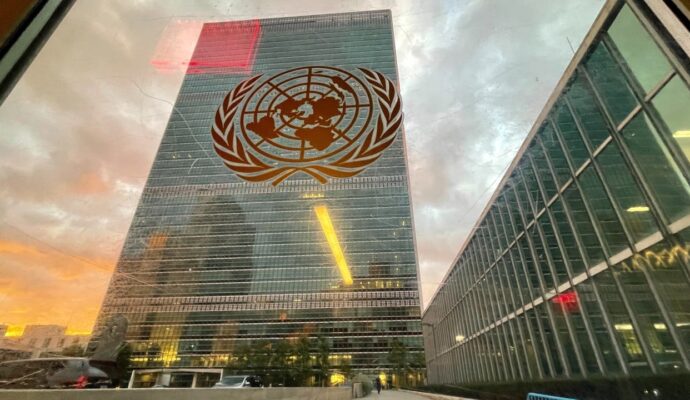He said Hsiao had helped enhance the island’s ties with Washington in recent years, and her performance had been praised not only in Taiwan and the US but also in wider international society.
Lai said the choice was not only “in line with the public’s expectation, but is also the best decision”.
“I am confident that, together with Bi-khim, we will succeed in the final 50 days to forge the consensus among the people and unite all forces to win the election,” he said.
In a news conference on Monday afternoon to officially announce the ticket, Lai said the world was closely watching the island’s presidential race.
“The world wants to know if Taiwanese people choose to trust Taiwan and carry on with its democratic path or to rely on China and adopt a pro-China stand to once again confine itself to China,” he said.
He asked the island’s voters to give him and Hsiao a chance, saying Taiwan needed a firm and experienced leader to continue to promote democracy, peace, and prosperity rather than pursue an “experimental political system”.
He was referring to a proposal by the main opposition Kuomintang and the smaller Taiwan People’s Party to form a coalition government if they jointly win the January 13 election.
The two opposition parties planned to form a joint ticket on Saturday and decide on candidates for president and vice-president based on an aggregate of opinion polls. But they failed to settle on a joint candidate after disagreeing about how to interpret the polls.
The next day, TTP chairman and presidential candidate Ko Wen-je said at a campaign rally outside Taipei that he would “continue to fight to the end in his capacity as the presidential candidate” of his party, suggesting that talks with the KMT might collapse.
In response, KMT presidential candidate and New Taipei mayor Hou Yu-ih said on Monday that he respected whatever decision Ko would make and would “firmly walk on my road to win the election”.
US Taiwan envoy makes third trip to island ahead of presidential elections
US Taiwan envoy makes third trip to island ahead of presidential elections
Most opinion polls show that a joint ticket headed by either Hou or Ko would fare well against Lai and Hsiao.
Speaking at the news conference, Hsiao, who resigned as Taiwan’s representative to the US earlier on Monday, said she decided to accept Lai’s offer because of the “difficult challenges” the island had faced from Beijing.
Beijing views the island as its territory that must be reunited by force if necessary.
Hsiao said Beijing had continuously tried to change the cross-strait status quo.
“The whole world hopes for maintenance of the cross-strait status quo, but the other side of the Taiwan Strait has continued to change it by sending warplanes and warships to disrupt the order and interfere in Taiwan’s elections,” she said.
“Facing such difficult situations, there is no room for me to shun my [responsibility],” she said, adding it was her duty to fight for the island’s interests.
Hsiao, 52, has been blacklisted and sanctioned twice by Beijing for “colluding with the US” and “provoking confrontation” between Taiwan and the mainland.
Beijing, which views Lai as a pro-independence activist, described the expected Lai-Hsiao ticket as a “union of separatists” last week, adding the pairing was dangerous as it could “mean war for Taiwan”.
Hsiao was born in Japan to a Taiwanese father and American mother. She previously worked in the office of former president Chen Shui-bian, also from the DPP.
She later worked as a DPP lawmaker for several terms and was appointed by incumbent Taiwanese President Tsai Ing-wen as the island’s representative to the US in 2020.



